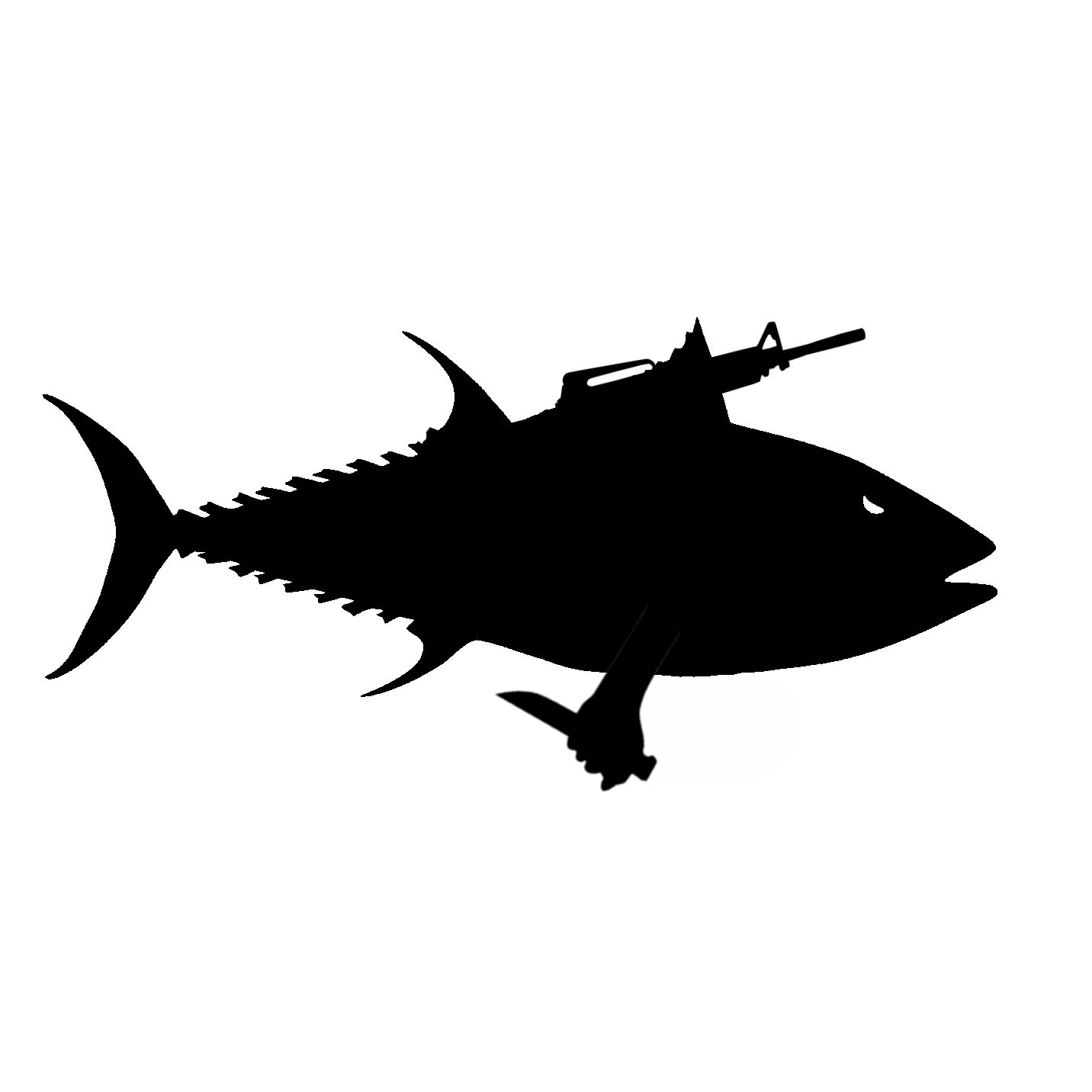Greetings, fellow ADHDers!
These last three years have been a shit show, that led to the simple conclusion: Medication sucks (for me).
I’ve been through at least 8 Non-Stims and 3 Stims. The only Medications that worked for me was Adderall (but the anxiety it induced was unbearable) and Straterra (but I’m of the lucky few who have Urinary side effects). My Psychiatrist tried to balance it out with Zoloft and other similar medications but the side effects whacked me out so hard, it resulted in a Misdiagnosis of Bipolar Type 2. (Two weeks after i stopped taking all meds, all side effects subsided and my emotional state stabilized.)
Now, Im terrified of Medication. A lower dose of Adderall would conceivably help, but I dont like the health risk its impact on my cardiovascular system could have, and I have a genetic history of heart disease.
In conclusion: Medication isn’t for me, and I need some tips of managing symptoms and depression related to ADHD symptoms. Life is HARD.
Thank you
For me, exercise is critical, specifically running. The combination of physical exertion, repetitive motion, “me time” and getting outside is one of the most helpful things for both ADHD and depression. When I’m not able to run for a few days I feel the difference. There are times I don’t enjoy running, but I almost never regret having gone for a run. This can be hard because depression will tell you it’s so much easier to sit and watch TV or play a game.
I know that not everyone likes running or has the ability or space to do it safely, but long walks, swimming, biking, etc, might be alternatives.
I quite enjoy running, it’s hard to get myself to do it reliably though. Do you have any tips on getting out the door reliably?
I’m not the person you responded to, but I’ll throw my hat in with them and say that running helps my mental health too! I’ve had a terrible history with exercising consistently, but I’ve been running at least a couple times a week for over a year now and the thing that helped a lot was getting away from “my goal is to run X number of days” and focus on rather “my goal is to make the idea of running less painful.” I didn’t want to get super active, I just wanted to lower the bar for action so that it was something I would continue to want to do. I never shame myself for not going, it’s always an open choice for myself to help me feel better, and I let myself even just “go for 60 seconds” or “down the block and back.”
And one thing that helps a lot is if you can figure out a time of day that works the best for you. I have a harder time going on weekends because I normally run during my lunch at work. On the days I don’t run, I walk, because I sit a lot at work and it drives me mad to spend lunch sitting around too. Plus running is a lot more fun if it’s literally taking you farther away from responsibilities, lol. Also, if you tend to do better forming habits with the buddy-system, don’t be afraid to look into trying to use that as a motivator too! :D
I sometimes tell myself that I don’t have to go very far, or maybe I just have to walk, but put on my shoes (and headphones and whatever else) and walk out the door. Once I’m out, I usually do want to go. Sometimes I can convince myself that future me will appreciate it if I go, which can be motivation, but that depends on the day. I also find that signing up for a race helps. If I don’t train leading up to it, that day is going to suck much more, and I don’t want that to happen!
I also have dogs and once they get a hint that I might go for one they are very persistent about making sure I take them. 😆
There was a line at the beginning of Bojack Horseman (season 2 I think) that I always think about: “It gets easier every day, the hard part is doing it every day.”
Try to find ways to work exercise into your routine. And more importantly, think about how to still do it when days are tough because you get busy.
Edit 1: I stopped taking meds when I was young back in the Ritalin days. I don’t think I ever quite fit in, but I’ve found that daily exercise helps me channel my little bit of attention enough to sit through meetings long enough to do the parts of my job I enjoy.
Edit 2: Also, Google “Pomodoro Method”. It’s pretty much the only thing I do with my smart watch, and it’s fantastic.
I’m having to go through a no medication phase due to high blood pressure, exercise was the only thing making it bearable.
Then my bike broke and everything’s gone to another level of shit since then.
New bike was supposed to arrive today but the delivery driver couldn’t find my house 😭
One great way I have found is bike commuting if possible!!
Running gang rise up!
Been trying to manage without medication for quite sometime.
When I was able to consistently run daily, it helped, but keeping a habit is really hard for me.
Also, having a healthy diet helped, while I was able to maintain it.
Overall, I am not doing a great job so far, I hope you have better luck.
About seven years ago, I quit dexmethylphenidate after eight years of various stimulants. I wish I could tell you there’s a general solution, but I was just reading a completely unrelated book and had to get up, log into Lemmy, and respond to this thread I skimmed past three hours ago. I do take caffeine (~400mg) and nicotine (~6-10mg) daily, as well as a drop of hemp oil weekly to manage the caffeine side effects, so I might be disqualified according to some, but I don’t think so. I’m sorry, but nothing will ever approach the unconditional dopamine of strong CNS stims.
Diet and exercise are essential. If I neglect them, I can fall into a loop of unproductive behavior. I mostly eat seeds, legumes, and veggies, with plenty of grain to facilitate cardio. I run 5-10K three times a week. I take protein (pea) and fiber (psyllium) supplements on top of a battery of vitamins. All of this helps me maintain a balance of stable productivity, but honestly the most life-changing thing I’ve ever done was get to a point in my career where I’m allowed to be productive on my own terms.
It took me until I was 26 to find a job where I was allowed to work mostly alone and be measured by my overall productivity instead of being graded by the horseshit pseudoscience that passes for academics and middle management. Obviously that’s not much help to you if you don’t have it yet, but please hold out. Don’t listen to the horde of people with a work ethic in place of a philosophy. I fucked up or walked away from so many opportunities. You can still find independence. Society needs divergent thinkers, they just don’t like to advertise it.
There are still days when I can’t get anything done. There are times like this when I abandon what I’m supposed to be doing and fixate on something that really isn’t part of the plan. My solution is to practice discipline generally so that I can forgive myself for wandering occasionally. I hope this isn’t too disappointing. Take baby steps and trust no bitch.
These are the things that keep me from anxiety and depression.
Maintain high-quality relationships with people who enrich your life.
Get good sleep. 7.5 hours of solid sleep every night.
Watch your diet. Don’t eat too much processed food. Keep meat and dairy to 1/3 of what you eat.
Take care of something. Dogs and cats are great but so are reptiles, fish and even plants.
Find work that challenges you in ways that keep you engaged, but doesn’t punish you for being neurodivergent.
Coffee, one cup in the morning. Try to get your focus work done in the first half of the day, while the caffeine is still pumping. If you can handle it, have a 2nd cup before noon, buy only if it doesn’t keep you from going to sleep at a good time.
I tried vitamin supplements after Adderall wasn’t available, they’ve only helped me 5-10% of what Adderall did for me. Specifically Focus Fizz and TeenFocus (I’m in my 30s, but it’s just marketed towards teens.) Other than that, taking my dogs on a walk at first light has helped. Any bit of exercise seems to go a long way.
Nothing much to add but I’m sorry you have not found a stable medication regiment. We went through the gauntlet to find what works for me with the lowest side effects.
For my brain it’s Zoloft and Vyvanse. They keep me from depression and total executive collapse but not much more.








